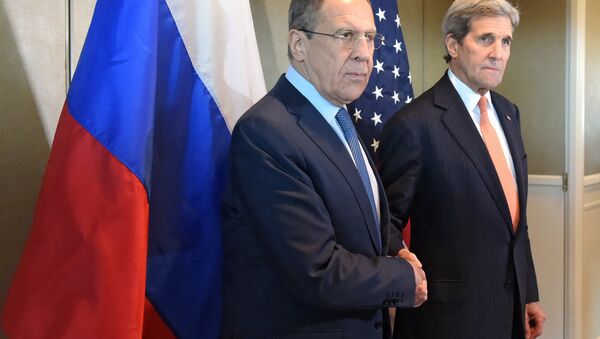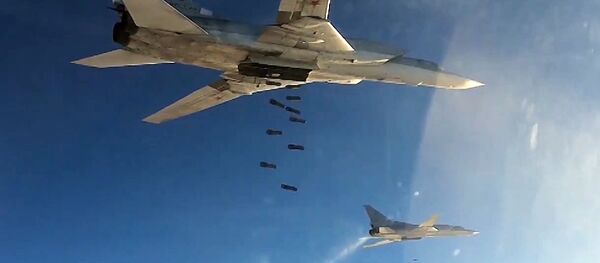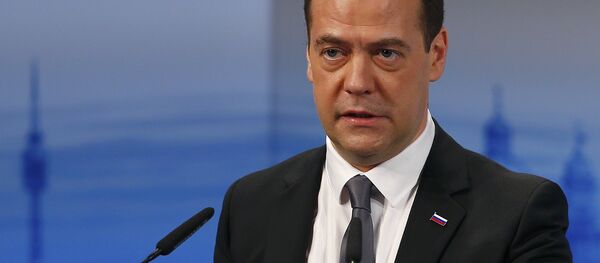During the Cold War, policy in the Middle East was based on how many security or arms deals the US and the Soviet Union may have in the region.
Old habits die hard, and the current discourse about Russian actions in Syria portrays the issue, the article read.
"For example, James Jeffrey, also of the Washington Institute, explicitly places discussion of Syria in the context of US-Soviet competition in the Middle East during the Cold War, talks of the region as a 'US security zone,' bemoans how Russia 'seems to be moving from victory to victory in Syria,' asks 'if Putin can get away with such activities in Syria, where might he act next,' and asserts that what is happening in Syria has 'potentially serious implications for the entire US global security system,'" the author wrote.
However, instead of analyzing Russian President Vladimir Putin’s motivations for the operation in Syria, US experts should focus their attention on "current realities that both Russia and the US are facing in Syria today," Pillar wrote.
First, the current situation in Syria is not a zero-sum game. Some Russian objectives conflict with US goals but others are neutral with respect to US interests and others are the same as those interests.
Russia has a "strong interest" to resolve the Syrian crisis via negotiations. Despite successful airstrikes, Moscow has realized that the Syrian Army will be unable to regain territories it has lost during the war and defeat Islamist groups, according to the article.
Finally, Russia’s interests in Syria are not the same as the interests of Bashar Assad and his government. If Moscow and Washington can find a common position on the issue, Russia may accept Assad’s resignation, the article read.
Thus, the US should stop pretending that its core interests in Syria conflict with Russia’s goals in the region.
"Those interests have much more to do with tamping down the conflict than with shaping a particular political future for Damascus. A specific timetable for Assad's departure matters little to US interests. What matters more is curbing the warfare that already has given ISIS [Daesh] a big opportunity for growth, that continues to breed extremism, and that risks destabilizing effects in nearby parts of the region. This is a page that both Washington and Moscow can be on," the author concluded.



